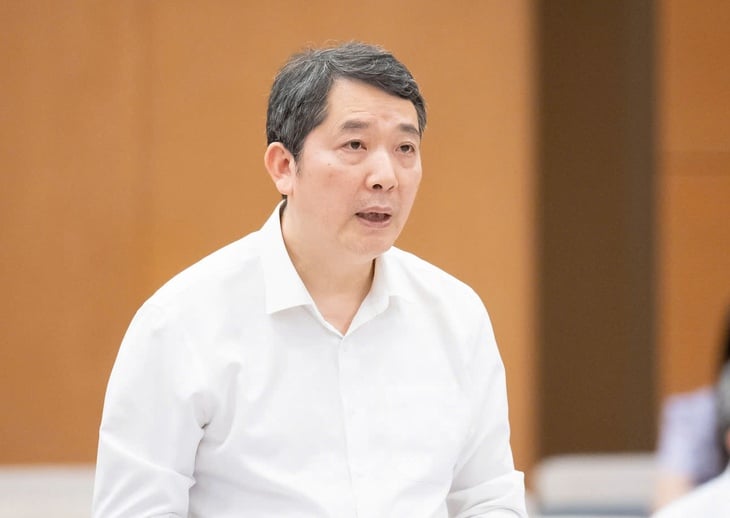
Deputy Minister of Finance Cao Anh Tuan - Photo: GIA HAN
On the afternoon of October 13, the National Assembly Standing Committee gave opinions on the revised Law on Tax Administration.
Amending tax regulations for business households
Notably, the bill proposes to amend regulations on tax declaration, tax calculation, and tax deduction for business households and individual businesses.
Implement the policy of eliminating lump-sum tax according to resolutions and draft laws in the direction that business households and business individuals, based on their actual annual revenue from production and business activities of goods and services, self-determine whether they are subject to tax, not subject to tax, subject to tax, or subject to tax according to the provisions of the law on tax.
For business households and individuals who are subject to tax payment, they must declare and calculate taxes for each type of tax according to the tax period.
The Government will provide detailed regulations on contents such as methods of calculating value added tax, records and procedures for declaring revenue, declaring and paying taxes. The Ministry of Finance will issue accounting regimes applicable to business households and individuals.
Regarding the tax administration force, the bill supplements regulations that tax agencies will be rewarded when they collect more budget than the National Assembly's estimate, in order to supplement the income of civil servants and employees. The Government will regulate the allocation and use of this reward to ensure its proper purpose and effectiveness.
Chairman of the Economic and Financial Committee Phan Van Mai said that there should be a regime of additional income for tax officials, similar to the regime applied to inspectors, people working in law-making or officials in localities with special mechanisms.
In the context of the tax industry being under great pressure from new management requirements and organizational restructuring, the remuneration regime needs attention to ensure stable income.
However, the inclusion of bonus content in the law currently has no political basis because resolutions of the Party and the National Assembly have required the abolition of non-salary expenses originating from the state budget.
Therefore, the Government needs to report to the Politburo for consideration and comments. If approved, the bonus policy must be specifically regulated, ensuring balance with the regime applied to other groups of cadres.
The Government and the Ministry of Finance must manage and use this fund economically, effectively, and in accordance with regulations to avoid budget loss and waste of public assets.
Some opinions suggest studying a mechanism to shift the focus to anti-loss and tax debt recovery, allowing the use of part of the amount recovered from fraud or old tax debts as a source of rewards.
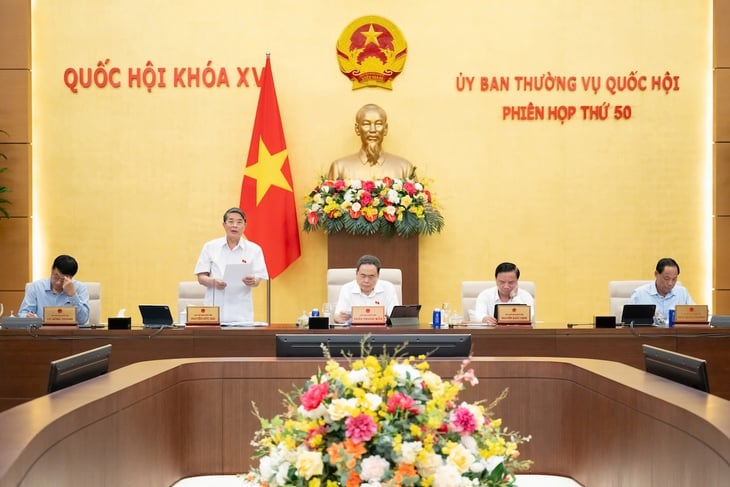
Meeting scene - Photo: GIA HAN
Proposing a new reward mechanism for the tax industry
Explaining later, Deputy Minister of Finance Cao Anh Tuan said that before abolishing the special mechanism, the tax and customs agencies were allowed by the National Assembly Standing Committee to deduct bonuses from revenue to spend on apparatus, modernize facilities, equipment, digital transformation, etc. The deduction rate at that time was 1.8% for tax and 2.1% for customs.
However, the new mechanism proposed by the Government is no longer a special mechanism but only allows "reward deduction" on the excess budget and only when there is excess revenue can deduction be made.
According to Mr. Tuan, the draft decree proposes that tax authorities are allowed to deduct 10% of the annual surplus revenue, and stipulates that bonuses cannot exceed one salary of civil servants and employees. The total amount is expected to be about 8,000 billion VND per year.
He added that some localities such as Hanoi and Ho Chi Minh City currently have a mechanism for increased income for tax officials, with more than 4,000 people benefiting. Meanwhile, civil servants of central agencies working in the same locality are not eligible, causing concern.
Source: https://tuoitre.vn/bo-tai-chinh-ly-giai-de-xuat-trich-thuong-10-so-thue-vuot-thu-cho-can-bo-thue-20251013174242222.htm






![[Photo] Prime Minister Pham Minh Chinh receives President of Cuba's Latin American News Agency](/_next/image?url=https%3A%2F%2Fvphoto.vietnam.vn%2Fthumb%2F1200x675%2Fvietnam%2Fresource%2FIMAGE%2F2025%2F12%2F01%2F1764569497815_dsc-2890-jpg.webp&w=3840&q=75)
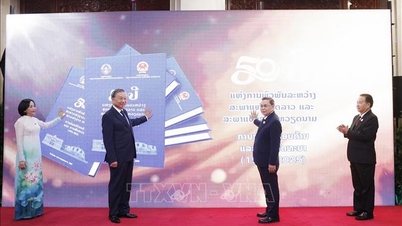

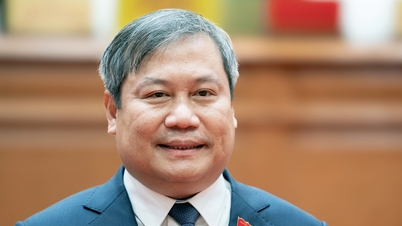
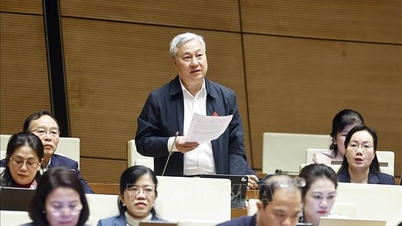
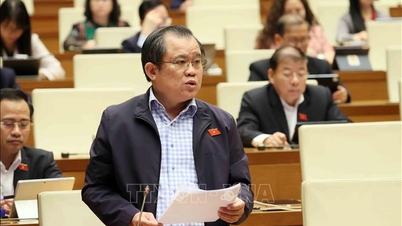
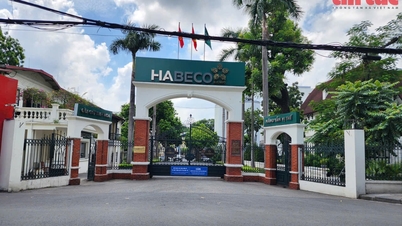


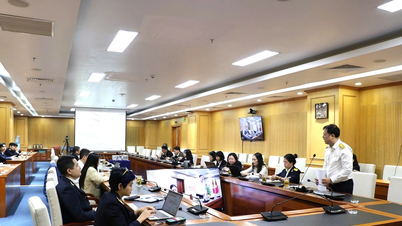

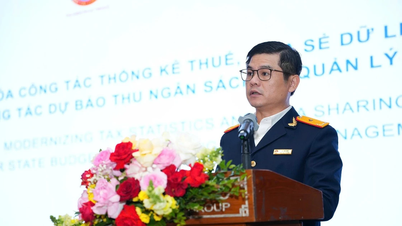
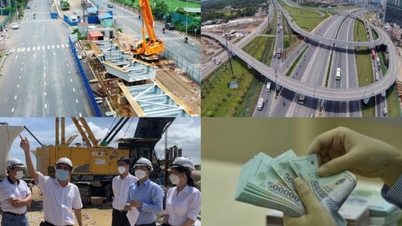




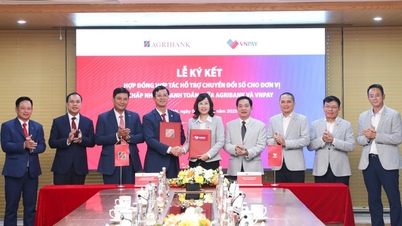





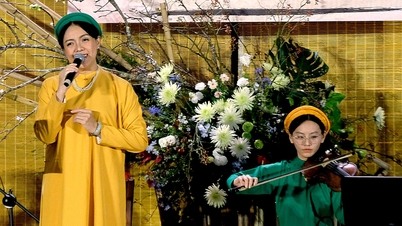












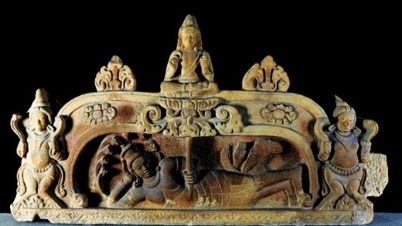


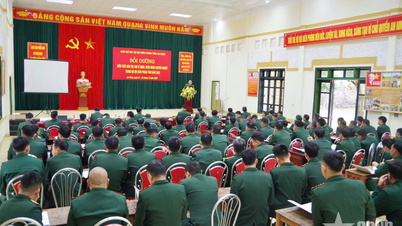


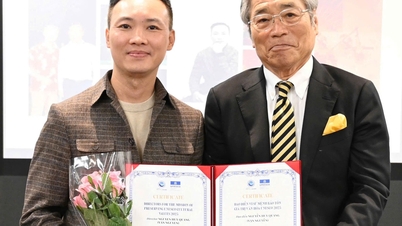





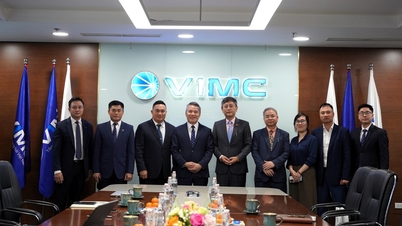





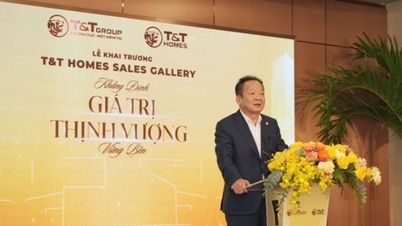














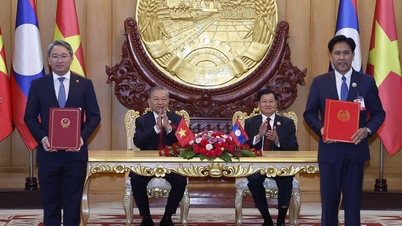
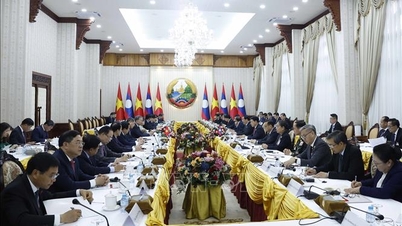



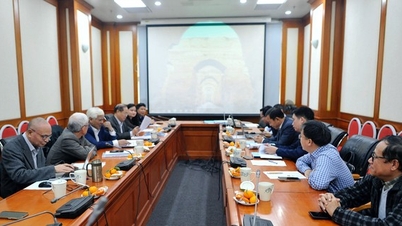
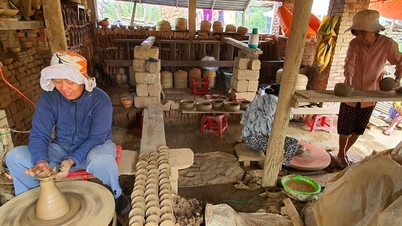

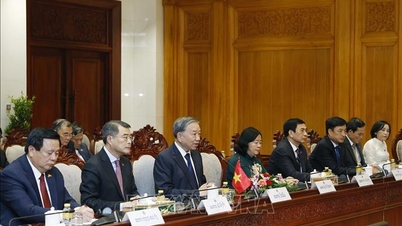


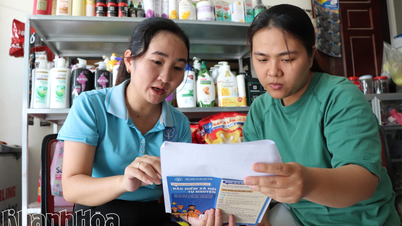
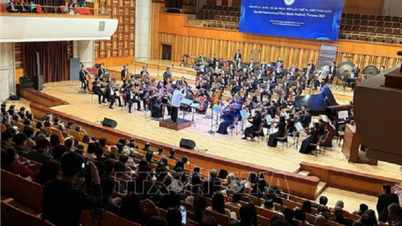


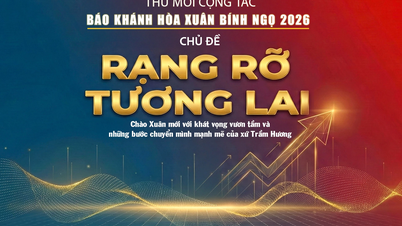
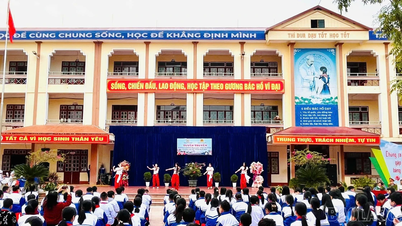














Comment (0)